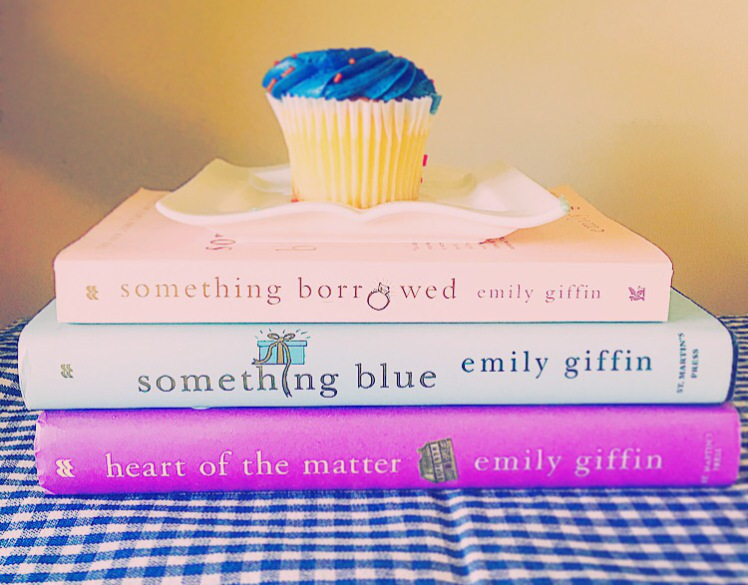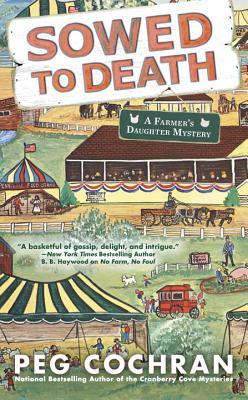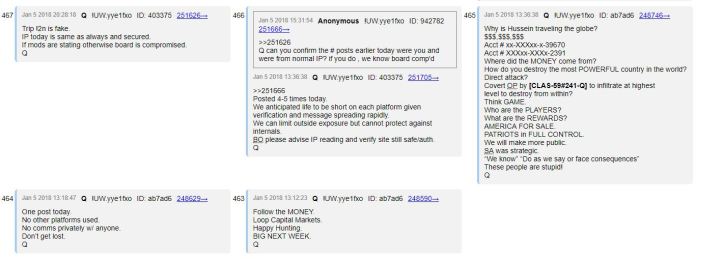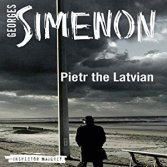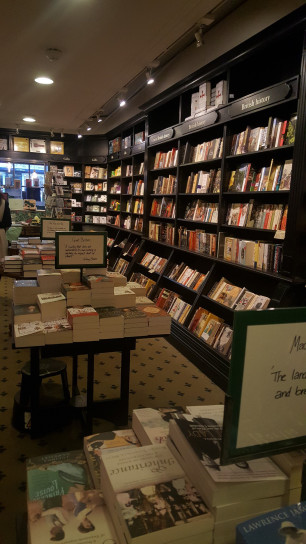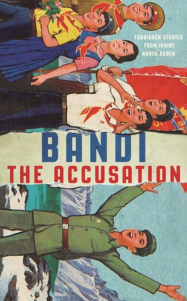 How do you review a book like Bandi’s The Accusation? People literally risked their lives to smuggle it out of North Korea, concealing it between works by King Sung-Il, the current dictator’s grandfather, who was himself the country’s dictator between 1948 and his death in 1994. The author (whose true name remains unknown–“bandi” means firefly) risked his life even just writing these stories, in pencil and in secret, between the 80s and the 90s (each story is dated, from 1989 to 1997). And he probably still risks his life now–he is, apparently, a well regarded official author in North Korea, but what if the regime discovers that he is also Bandi?
How do you review a book like Bandi’s The Accusation? People literally risked their lives to smuggle it out of North Korea, concealing it between works by King Sung-Il, the current dictator’s grandfather, who was himself the country’s dictator between 1948 and his death in 1994. The author (whose true name remains unknown–“bandi” means firefly) risked his life even just writing these stories, in pencil and in secret, between the 80s and the 90s (each story is dated, from 1989 to 1997). And he probably still risks his life now–he is, apparently, a well regarded official author in North Korea, but what if the regime discovers that he is also Bandi?
The book is also an act of defiance against an oppressive regime, as well as an astonishing record of the miseries and absurdities of everyday life in North Korea (though I have tangled thoughts about whether reading it as a privileged Westerner is a form of “agony tourism”, which I might untangle and turn into a separate post).
And yet–as a piece of literature, The Accusation did little for me overall. And I think it would be grotesque to not give my honest opinion of a book in which one of the main themes is the manipulation of the truth–either by the North Korean government to mask its failings and cruelties, or by North Korean citizens to mask their own sufferings and misgivings in order to avoid being accused of ideological treason. At the same time, I realise that at least some of the things I didn’t like about The Accusation are down to different cultural ideas of how literature should be. As an Italian who was raised mostly on English, American, and Italian literature, I was taught that some things are markers of good literature, and others are markers of bad literature, but a Korean might be taught different ideas in this regard. Of course I’m not saying that Western ideas of literature are superior to Korean ones, just that they are probably different, and in a way I’ve been conditioned to the point that I can’t always appreciate books (or films, even) that follow different rules from the ones I’ve been taught.
In particular, I was surprised by how incredibly unsubtle Bandi’s stories are. No metaphor, dream sequence, or reference goes unexplained; if a character tells another one a folktale in the middle of the story, the connection between the folktale and the story is made immediately obvious; if a character behaves mysteriously, you’ll eventually get several pages providing a detailed explanation for every single one of his or her actions. For example: there’s a story set in this town where the government building looks a bit like a big red mushroom, and at some point in the story someone dies by eating a poisonous red mushroom; the connection between the two does not need to be emphasised, but Bandi still thought it necessary to have the characters have an extended conversation explicitly comparing the government to poisonous mushrooms. To me, this is a huge no-no, but this sort of thing happened to so often that maybe it’s just an accepted thing in Korean literature. Of course there’s also the fact that North Korea is notoriously isolated, presumably culturally as well as politically–so maybe this is specifically a North Korean thing.
In general, I also found the tone overly sentimental, and the characters flat. And most of the stories feature confusing time jumps, and in many it’s not always clear whether what you’re reading is happening in the story’s present or in its past.
However, there is one thing I loved about the way The Accusation is written: its metaphors and similes, which are so concrete you can almost touch them. “A shrill whine throbbed inside his ears, as though a flock of cicadas was trapped inside his skull.” I can see and hear the cicadas so clearly! And check out this boldly cumbersome beauty: in the first story, the protagonist’s mother is weighed down by a “heavy shroud of helplessness and desolation, with not a single strand of hope woven into its weft.” But perhaps my favourite is the one where columns of people gathering in a public square are said to be “neatly divided like blocks of tofu.”
Also, I did really enjoy one story, “On the Stage”, set during the period of mourning for the death of Kim Sung-Il himself, and focussing on the struggle between a conformist father and his brilliant, rebellious son. The son’s great realisation is that North Koreans are forced to performing constantly from the very day they are born, like actors on a stage. This story contained its fair share of obvious metaphors and confusing time jumps, but, somehow, it worked. One thing in which it differs from the others is that it includes a few odd little moments of silly humanity (an unexpected fart, a husband still embarrassed to change in front of his wife even after decades of marriage) that made me care that little bit more about the characters. It’s also worth pointing out that this is the story that Bandi wrote most recently, according to the date at its end, and maybe he simply became a better writer over time, which makes sense. But, going back to what I said about cultural barriers, this is also the one story that strongly reminded me of Western literature: specifically, the idea that we are all actors on a stage is one of the key themes in the works one of the greatest Italian authors of all time, Luigi Pirandello, whose characters’ minds are usually blown by this revelation at some point or other in his stories, just like the father in “On the Stage”. (Ironically in this context, towards the end of his life Pirandello expressed support for Mussolini’s regime.)
So–should you read this book? Sure. For the insight on everyday life in North Korea, for the wonderfully tactile imagery, and for “On the Stage”. And as a act of solidarity towards an oppressed author and his people, however small and ultimately symbolic it may be.
Advertisements Share this: